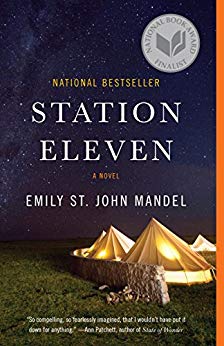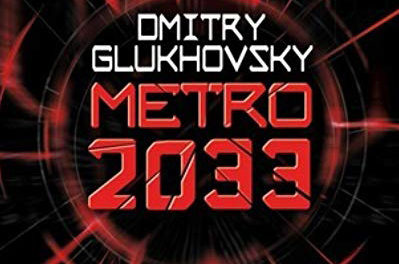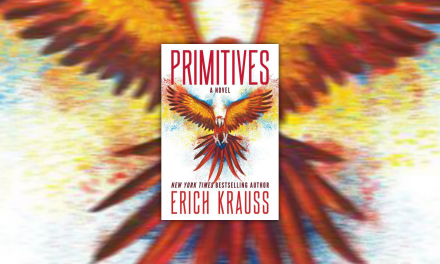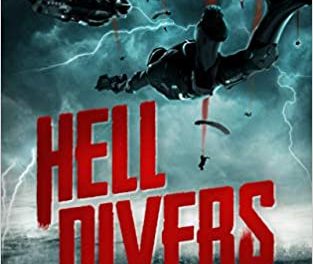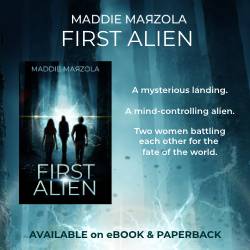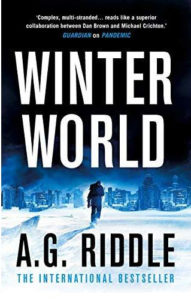 A.G Riddle’s high stakes apocalyptic thriller, Winter World, practically begs for a round of one of my favourite film-nerd games: Fantasy Casting.
A.G Riddle’s high stakes apocalyptic thriller, Winter World, practically begs for a round of one of my favourite film-nerd games: Fantasy Casting.
Though its plot borrows heavily from a tried-and-true Hollywood disaster movie playbook, Winter World calls for a screen adaptation slightly more cerebral than anything involving Bruce Willis – it’s chief protagonists, disgraced polymath James Sinclair and idealistic astronaut Emma Matthews might be played by a sneering, arrogant Jesse Eisenberg and a charming, hopeful Amy Adams, respectively.
Opening on a future Earth struggling to adapt to a rapidly cooling climate, it follows both the survival efforts on the ground (with the inevitable political finagling) and the space missions. Matthews’ journeys, in particular, described with terrifying immediacy, find that the changing temperatures are neither natural nor manmade.
From there, Winter World’s plot rapidly unspools into the familiar us versus them narrative of science fiction, touching on what it means to be human, through the eyes of those meeting with new life, but not, of course, as we know it. As per a bombastic alien invasion screen spectacle, Jerry Bruckheimer style, Winter World’s characters fall into two stock types: intellectuals and visionaries who seek peaceful first contact and square-jawed military types preparing for hostile engagement with an unknown enemy, hell-bent on destruction.
Winter World evokes risk in a manner that invites reader investment. Despite familiar plotting and placing white American characters at its forefront, it grips, not only at moments of critical physical danger but also when there’s a risk of personal and political missteps: the meetings between its scientists and politicians are fraught with tension.
Riddle seems well aware, too, of the aforementioned film-buff possibilities: throwing in a peripheral character who indulges in quoting the oeuvre of Marlon Brando and names his drones after famous war vessels. Still, entertaining film-nerdery aside, Winter World involves and excites, balancing heart-in-mouth danger with thoughtful, humane character development. Unlike much end-of-the-world fiction, it’s characters also retain a bleak, occasionally silly, sense of humour throughout and find time to indulge in personal intrigue or family angst.
They also indulge, when things look truly dire, in science fiction. In a manner oddly reassuring, as Emma and James face the extinction of the species, they find comfort in each other, in Star Trek and The X-Files, though not, perhaps tellingly, in the seemingly endless Star Wars canon.
Winter World also has a fine-tooled blend of current real-world science, alongside plausible, might-be-possible, future science and breathless flights of imagination; enough for the reader to feel just a little smarter than the average, without derailing the story.
In all, Winter World proves a strong, well-crafted start to the Winter World trilogy, worth investing a little time in as the nights draw in.
M.M. Hattab
Purchase on:

